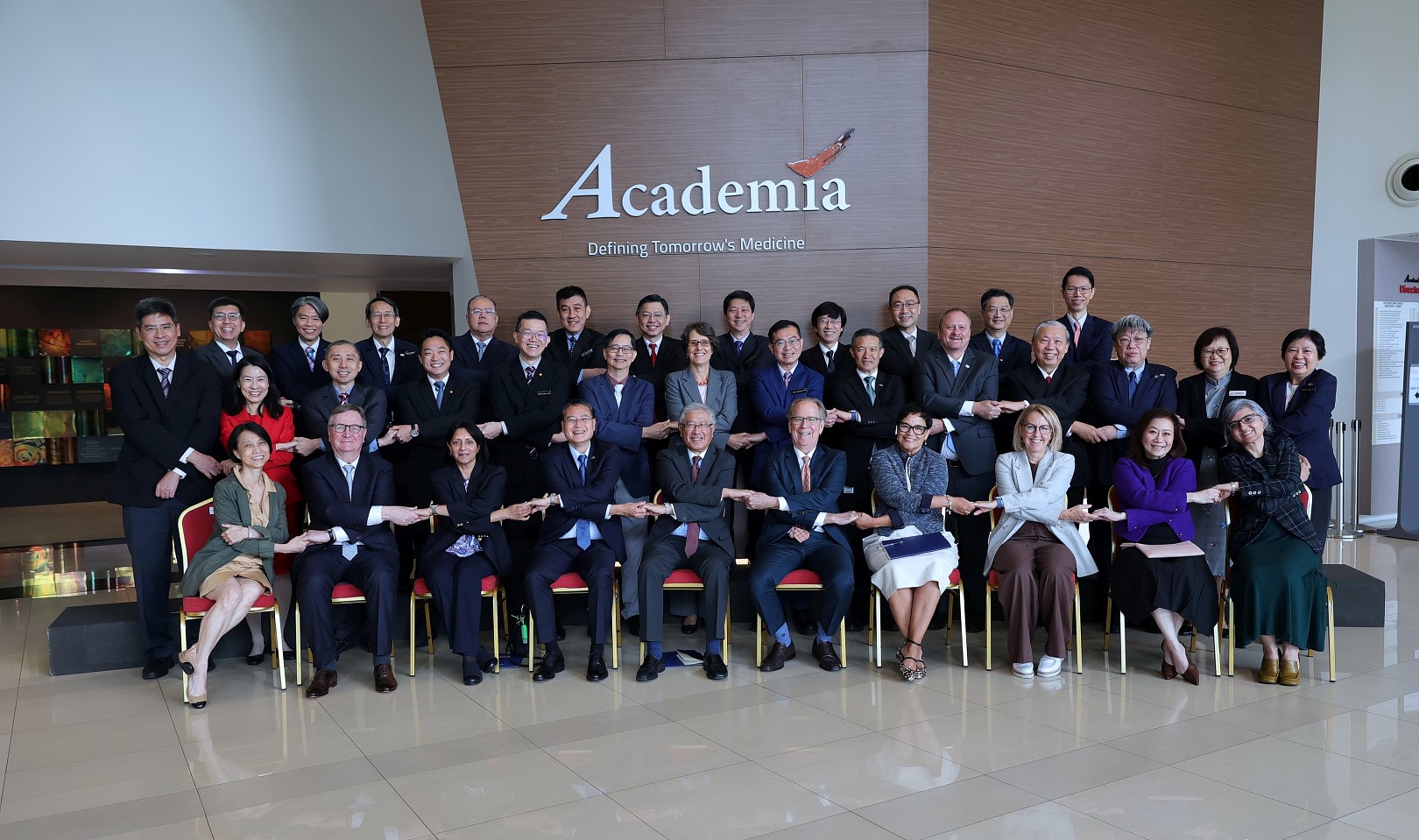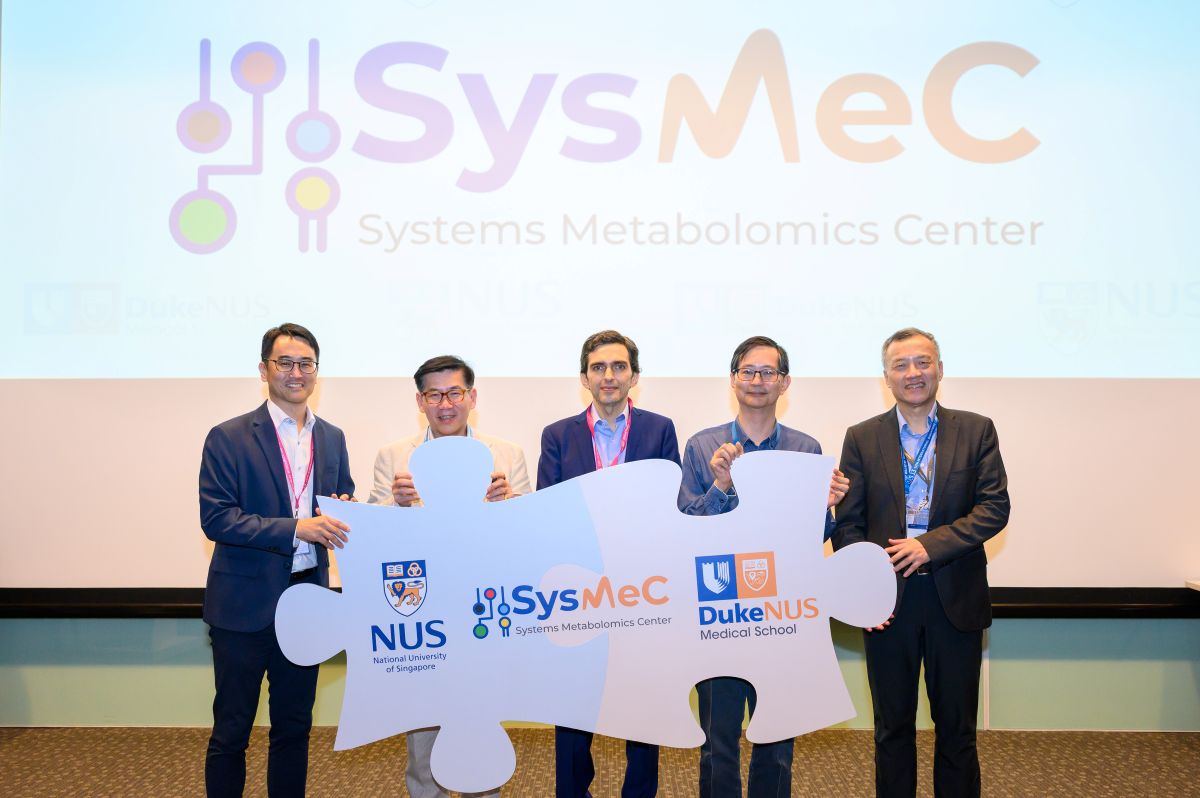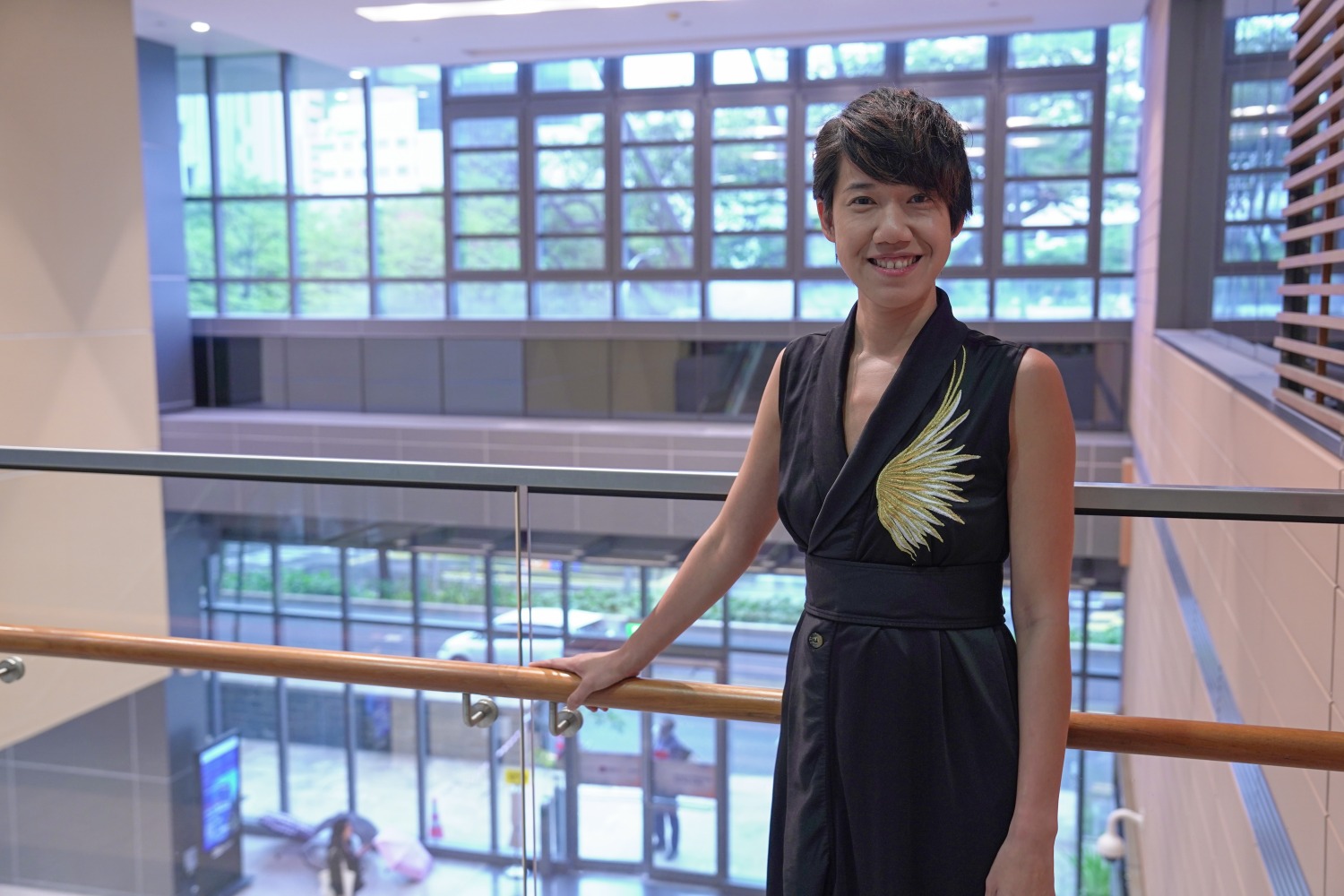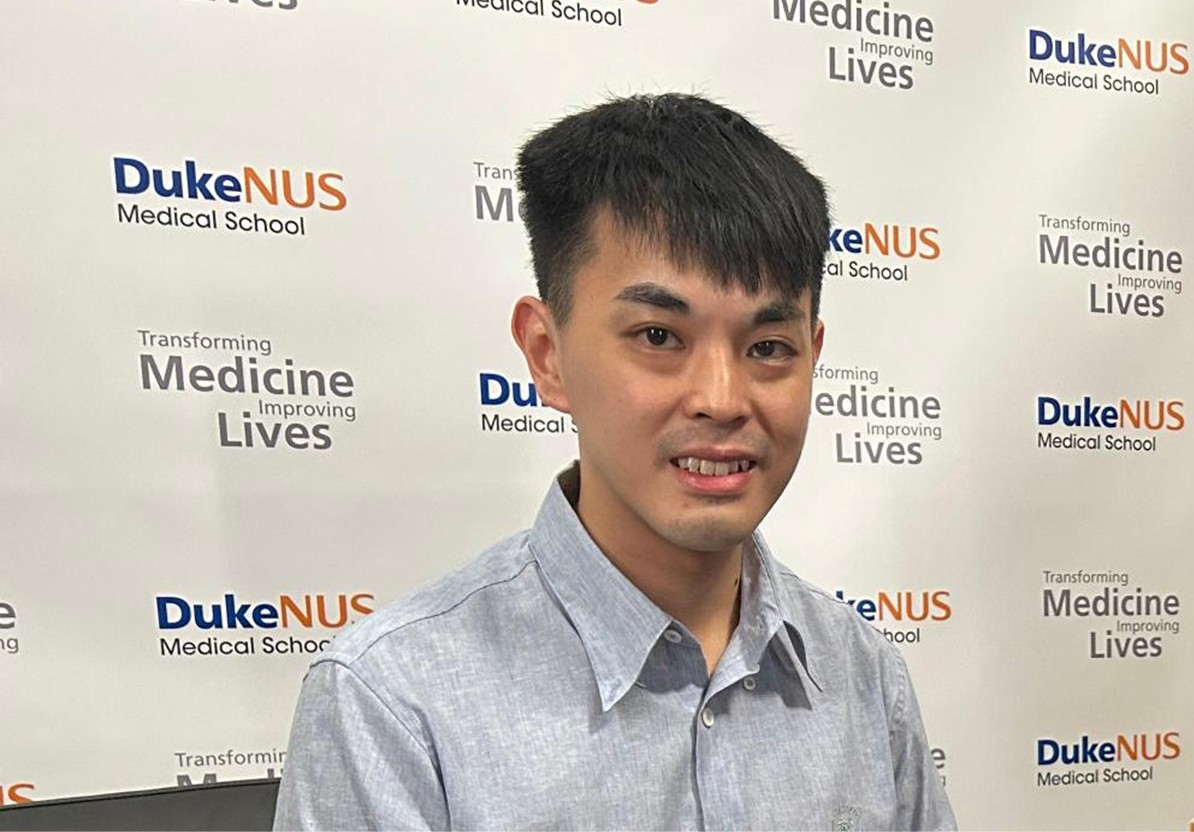With Singapore’s population set to become super-aged by 2026, where is the future of health and medicine headed—and what are the challenges and opportunities along the way?
That was the spirit of discussion at the recent sixth Academic Medicine Advisory Council (AMAC) meeting, where the Council gathered to shape the next chapter for the SingHealth Duke-NUS Academic Medical Centre (AMC). Among the recommendations that were proposed: a focus on population health and digital transformation as key priorities for the road ahead.

Held from 15 to 17 April, the meeting also marked the debut of several new members—Associate Professor Subha Ramani and Professors Sheri Johnson and Russ Altman—who brought fresh perspectives across population health, education and artificial intelligence (AI).
At the opening session, Duke-NUS Dean Professor Thomas Coffman extended a warm welcome to the incoming members: “Your range of expertise and points of view will no doubt enrich our deliberations and help inform our strategic development.”
Laying out the focus areas for the discussions, SingHealth Group CEO Professor Ng Wai Hoe noted: “Our three key themes for this year are: discovery, innovation and entrepreneurship; convergence science; and data science and AI. And this dovetails very nicely with our three desired states in SingHealth—a community-empowered population health system, where we empower our population to keep well, get well and live well.”
"Our ambition is to be world-class, and I think we have had that as a goal and focused on that since this academic partnership began many years ago. I think it’s humbling to say that we’ve achieved that to a certain extent, but we want to do more."
Established after the SingHealth Duke-NUS partnership was forged in 2010, the AMAC has played a strategic role in guiding the AMC’s growth into a world-class academic medical centre. The Council first met in 2012, and the meetings have evolved from the fundamentals of building an AMC to focus on broader issues encompassing the 15 SingHealth Duke-NUS academic clinical programmes (ACPs).
Added Duke-NUS’ Vice-Dean for Academic Medicine Clinical Associate Professor Chow Wan Cheng: “We integrated all the SingHealth Duke-NUS academic clinical programmes (ACPs) and we became thematic-based, rather than talking to one ACP at a time.”
During the three-day visit, AMAC members heard updates on the progress of the AMC and engaged in numerous dialogue sessions and fireside chats with stakeholders from across the AMC—from clinician researchers to early clinician educators to residents—centred on the key themes for this year.
In addition, Johnson and Altman shared their insights on population health and the central role of biobanks in their Academic Hour Lectures with audiences who hailed from well beyond the AMC.
The open-door visit culminated with AMAC Chair Professor Victor Dzau summarising the Council’s findings and recommendations during the closing meeting on 17 April.
While acknowledging the significant strides made since the last review, the Council also highlighted opportunities for growth in areas including convergence science, calling for the AMC’s transformation into a digital medical centre.
Reflecting on the AMC’s progress, Dzau said: “I’ve been involved with this organisation for 20 years, since the very founding…To see where the AMC is today is so gratifying.”
With the visit concluded, the journey at the AMC continues, bolstered by a shared commitment to build on the AMAC’s recommendations.
“Our ambition is to be world-class, and I think we have had that as a goal and focused on that since this academic partnership began many years ago. I think it’s humbling to say that we’ve achieved that to a certain extent, but we want to do more,” concluded Coffman.






